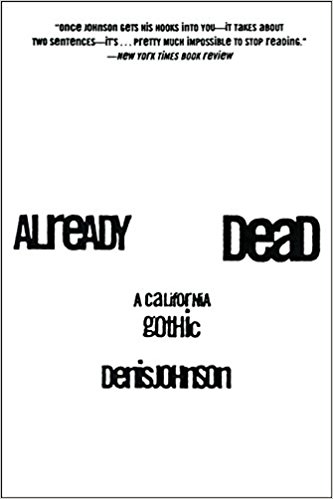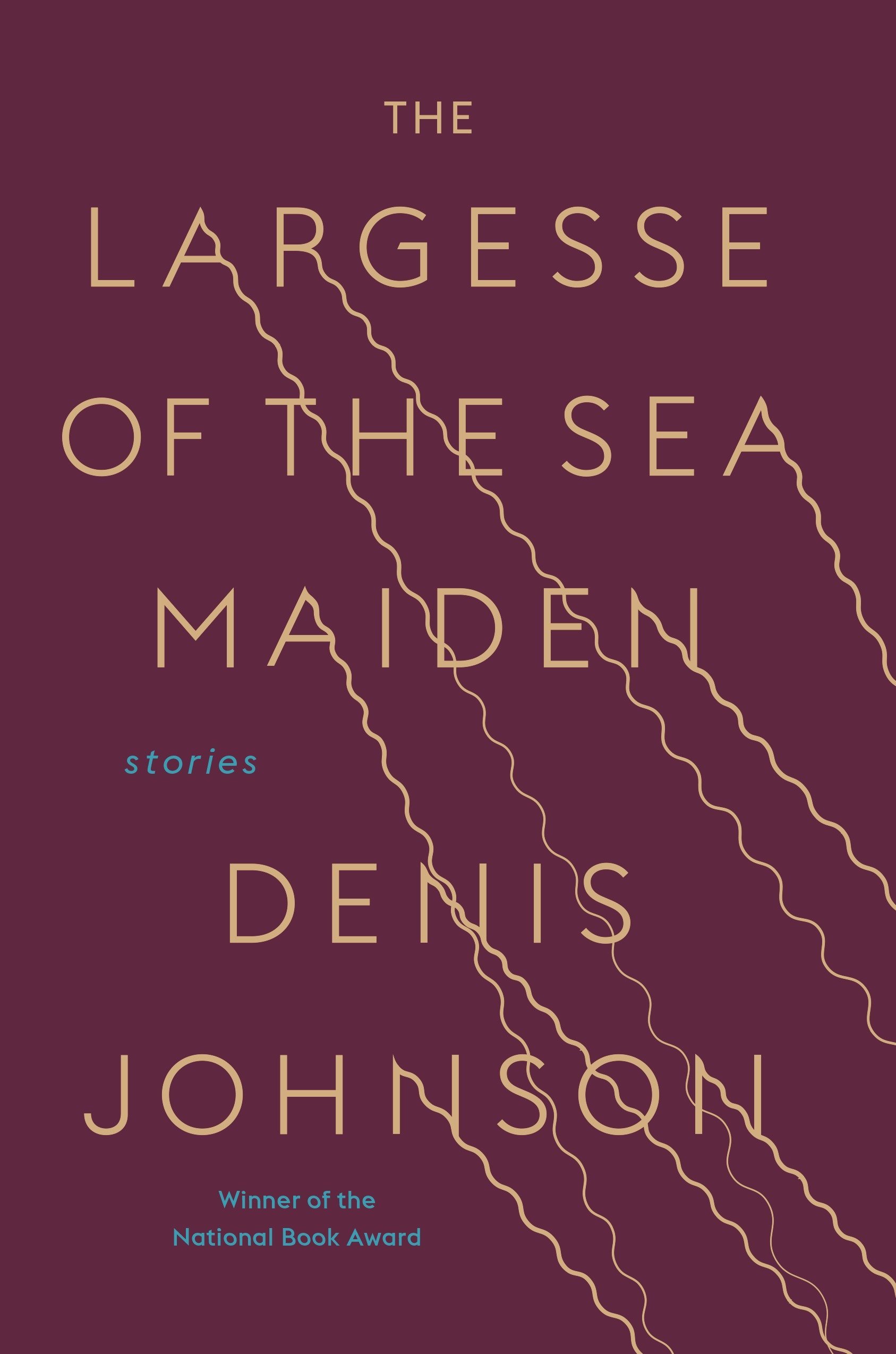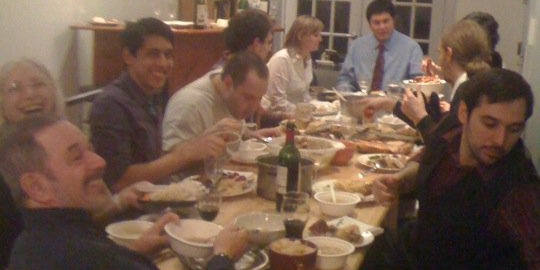Learning to Handstand
By Ashley Bales
To begin you throw your face at the ground and hope your arms catch you. Learning to handstand is a plunge. It’s a pivot downwards, a swing of the legs, a jump, and you’re upside down. At the beginning you’re pitiful and intimately familiar with your own graceless hops. At every step you know where your body is: your legs frog out, your toes reach back, you grip your quads like a lifeline. But attached to what? You look forward, feet in the air, and your hands are impossibly far from your eyes. Your feet land back on the ground, having completed a failed leapfrog, minus the partner. But you overcome the embarrassment because anything worth learning begins with flailing, searching through familiar but inappropriate tools for one that may at least get you started. You have to begin with flailing frog hops, because that’s what you’ve got, and so you do. You jump your feet again into the air, you swear your toes reach further back, but your ass, with a newfound gravity, pulls you back down.
These early trials will last longer than you like, but one day your hands come down, your legs swing up and they stay there. You’ve found space and your body disappears into it. You lose yourself. Your weight is sucked out of you and you can’t feel your body. Like Peter Pan, you can fly.
But today we have the benefit of technology to steal all magic from the world, so you record your accomplishment and see that your minutes of flight are unrecordable milliseconds and your legs retain the kinks of an airborne amphibian. The bliss of losing your body is a step, but not an endpoint. It is the adrenaline, endorphin rush of risk, of lost control. But like any tantrum throwing toddler, being out of control may feel powerful, but won’t get you anywhere. This is when you are able to begin. You’ve learned enough to throw yourself into a precarious balance, now you have to learn the trick of control, build the necessary supports, master the tools.
I’m not there. My supports aren’t entirely built in yet. I need a wall, a steadying hand at the ankle. But when I’m upside down, struggling to concrete myself to the vertical—only the practicality of my bones to fight against—I begin to be able to find my body: pelvis neutral. Abs in. Ribs together. Ribs down. Elbows forward. Shoulders, shoulders, shoulders over fingers. Look at the ground. See the ground. I am solid, physically placed. My body is learning a vocabulary of awareness and balance. Space holds different possibilities and I begin to have the ability to exist in the world inverted.
It’s brutally hard.
Ashley Bales is a current degree candidate at The Mountainview Low Residency MFA in Fiction and Nonfiction.

















